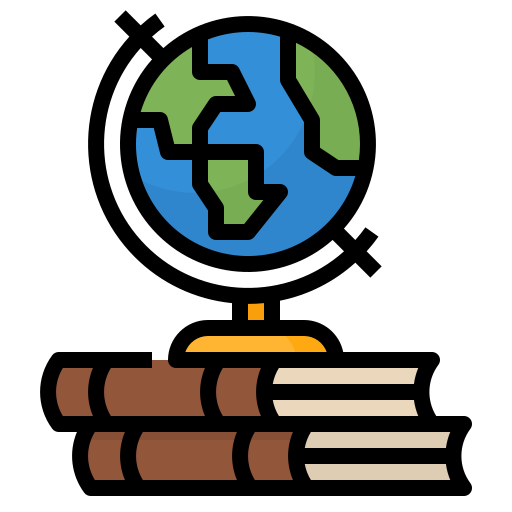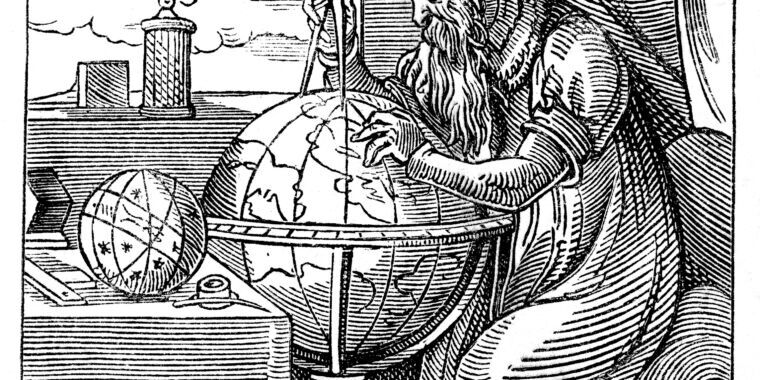This is the best summary I could come up with:
In it, British historian David Wootton places the origin within a few centuries of European history in which the features of modern science—experiments, models and laws, peer review—were gradually aggregated into a formal process of organized discovery.
Whether you find Poskett’s broad definition of science compelling will go a long way to explain how you feel about the first third of the book.
Poskett waits all of one paragraph before declaring it a “myth” that science’s origin involved figures like Copernicus and Galileo.
Instead, he places it not so much elsewhere as nearly everywhere—in astronomical observatories along the Silk Road and in Arabic countries, in catalogs of Western Hemisphere plants by the Aztecs, and in other efforts that were made to record what people had seen of the natural world.
Early astronomical observatories boosted accuracy by constructing enormous buildings structured to enable the measurement of the position of heavenly bodies—hugely expensive projects that often required some form of royal patronage.
But there’s little indication that any of them recognized that those patterns reflected a small number of underlying principles or that their predictions could be improved by creating a mental picture of what was happening in the heavens.
The original article contains 754 words, the summary contains 198 words. Saved 74%. I’m a bot and I’m open source!



